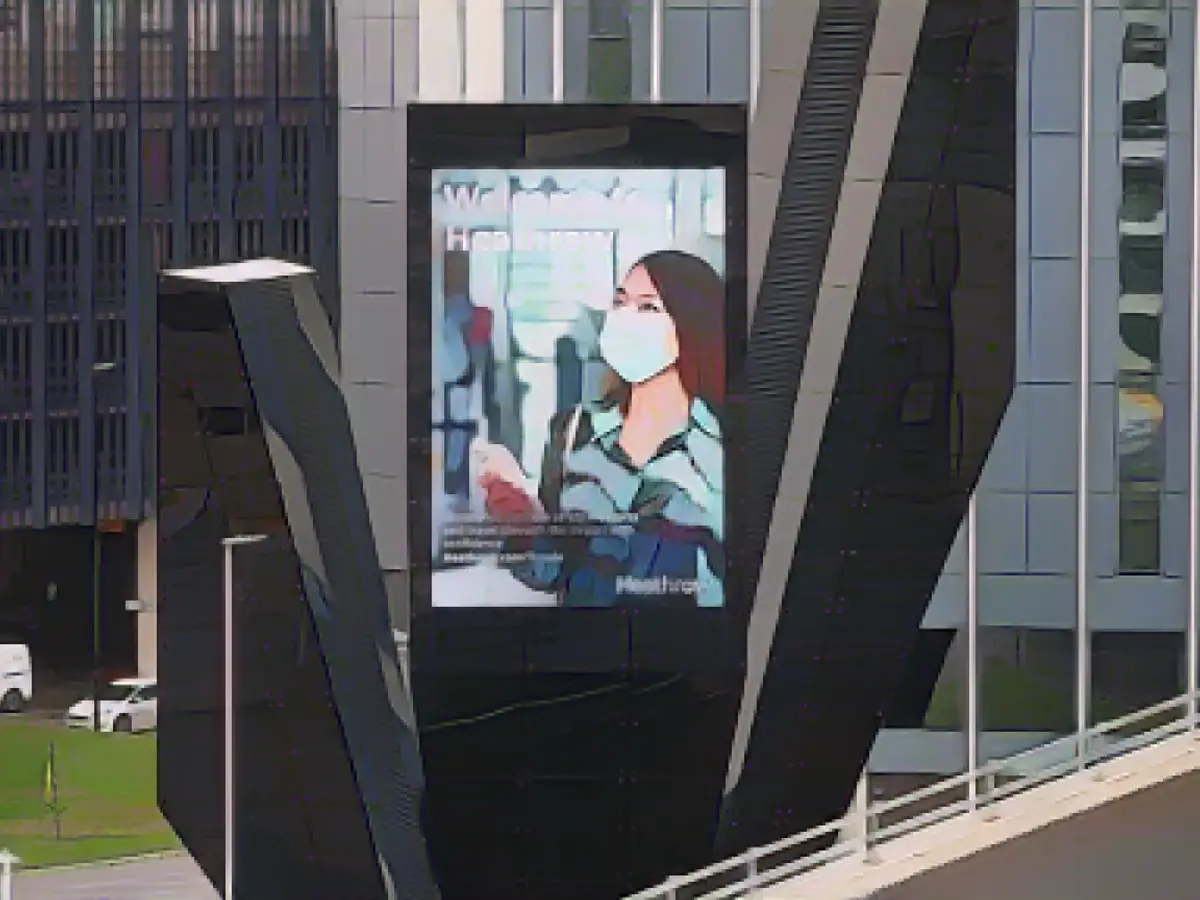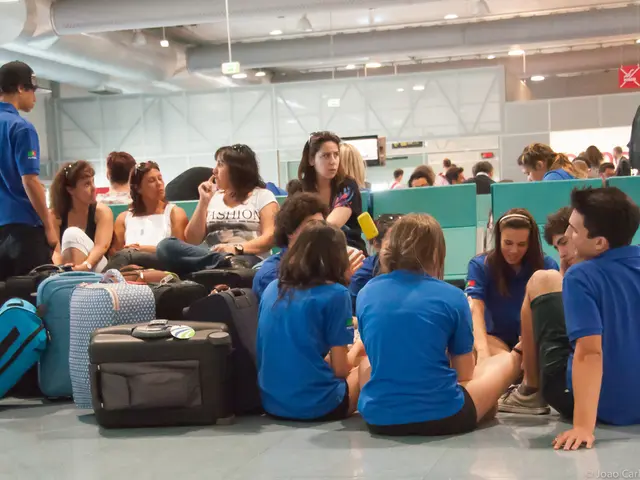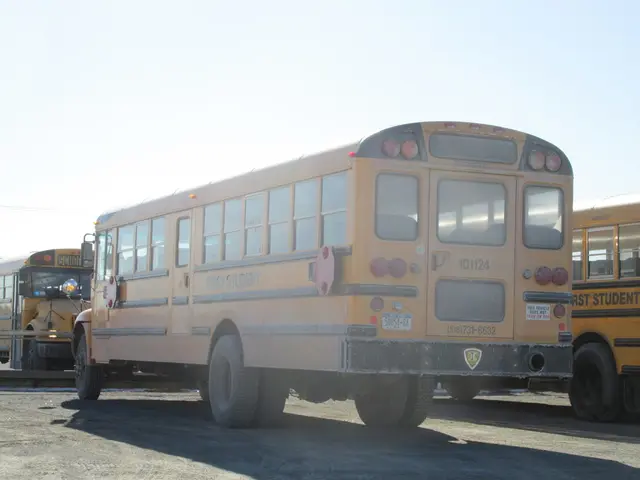Heathrow Expresses Frustration Over Long Queues due to Covid-19
On Saturday, a Heathrow Airport spokesperson lamented the "unacceptable queue times" during immigration checks the previous evening, attributing the issue to an inadequate number of border control officers.
The statement continued by expressing the border force's awareness of the additional needs of families and their disappointment in the inadequate resources provided.
In response, the Home Office acknowledged the situation as "unacceptable." They acknowledged that the pandemic has likely extended wait times due to enforcing health safety measures to ensure the safety of the UK public. However, they condemned the excessive queues observed at Heathrow the previous night.
"The airport is experiencing one of the busiest weekends of the year for returning passengers, especially due to the numerous families with children under 12 who are unable to use electronic gates," the statement added.
Electronic gates, which use facial recognition technology, are not permitted for individuals under 12 years of age.
The Home Office announced that the border force is analyzing its roster and its capabilities, adjusting its personnel deployment to swiftly reduce wait times at airports.
Heathrow dispatched its own personnel to assist in managing the queues, while emphasizing the importance of staffing every immigration checkpoint during peak hours.
The issue was then referred to the border force, which was expected to provide improved service for the remainder of the weekend.
Additional Insights:
Although the UK government is handling long queues at London Heathrow immigration with various measures, specific actions related to COVID-19 and border control officer insufficiency have not been detailed in the available sources. However, the following points indicate some relevant efforts:
- Border Force Expansion and Infrastructure: The Border Force is bolstering its infrastructure to support possible surges in traffic, such as Dover and the Channel Tunnel, which have introduced a new Entry/Exit System (EES).
- Entry/Exit System (EES): The EES plans to digitize passport registration, streamlining border security by digitally tracking entries and exits. Initially scheduled for November 2025, the implementation of EES has been delayed due to technical challenges and concerns surrounding potential congestion at border crossings.
- Trial for Exempting US Passengers from Heathrow Security: A trial is being conducted to exempt some American passengers connecting through Heathrow from mandatory security checks, allowing them to proceed directly to their gates in the United States. The trial aims to reduce travelers' stress and time spent on security checks.
- Additional Measures: The port of Dover is implementing additional registration areas to manage potential queues as EES rolls out in November 2025. The UK is taking steps to minimize disruption and ensure a smooth transition to the new process.
These measures address broader challenges of border control and security, but specific actions targeting COVID-19-related delays and border control officer shortages are not explicitly outlined in the provided sources.








